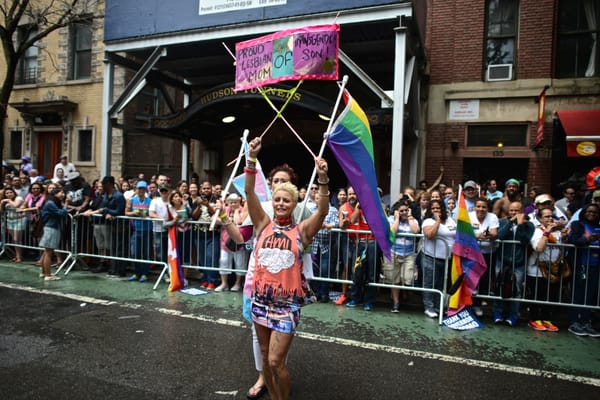My Fiancé Died Young. Thank God We’d Planned Ahead.
Black women are more likely than any other group to lose a partner. Without proper financial planning, grief can turn very quickly into poverty.

When Stephanie Muhammad’s husband died in 2021, he wasn’t a homeowner. Nor was she. And that was just the start.
The economic headwinds that the newly-widowed Muhammad was about to confront became quickly apparent: There was no cushion in her bank account which meant she could no longer afford the rent on the home the couple had rented together. Also there was student loan debt that needed to be repaid for the couple’s four children. Within a year, Muhammad’s mother also needed to be placed in a nursing home.
Muhammad’s husband, Kelvin, who was a master electrician by trade, had helped her launch her business, Mecca Aqua Massage Spa, in a suburb of Birmingham, Al. He handled all of the electrical and renovation work. “I’m not that electrical savvy,” she said as she recalled her husband rewiring.
Without a second income, Muhammad, who is now 61, was forced to move out of her home, which was owned by Kelvin's family, into a cheaper rental with her mother, grown daughter and grandson—four generations living under one roof to save money.
She told me she wished they had purchased life insurance and bought a home before Kelvin died.





